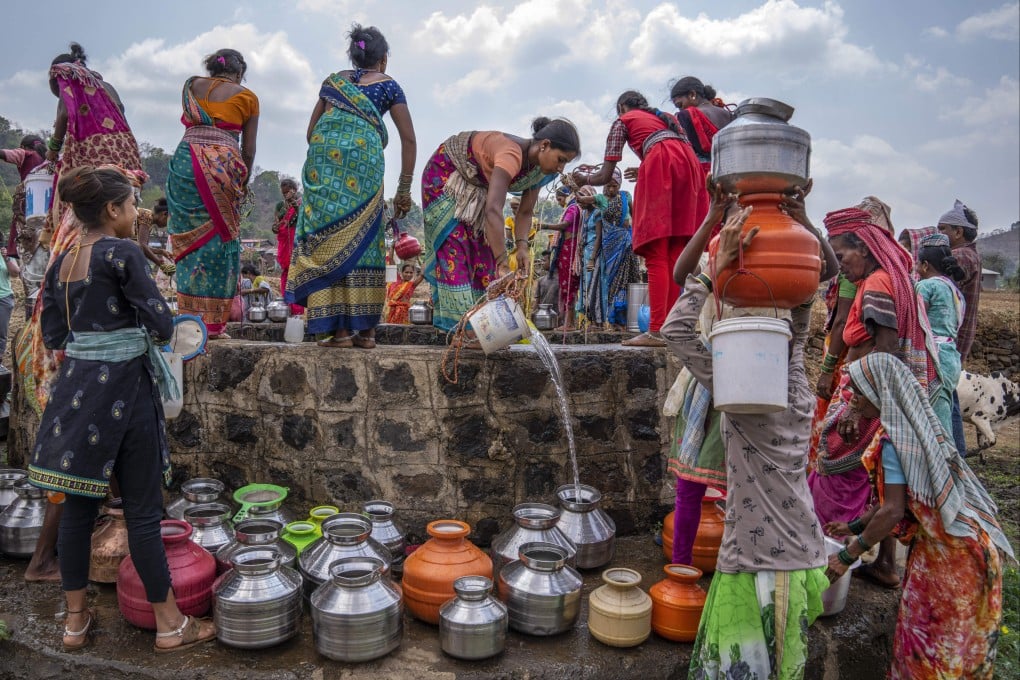Advertisement
In Asia, organ donors are ‘overwhelmingly’ women and transplants go mainly to men: study
- The findings from a new study in India add to a body of evidence on transplants that illustrates the life-and-death impact of gender inequality
- While ‘cultural, economic pressures’ and patriarchal social structures in Asia are at play, doctors say the organ-donor gender disparity also affects the West
Reading Time:4 minutes
Why you can trust SCMP
5

A new study in India adds to the body of evidence that organ donors are predominantly women, particularly in Asia, while the recipients are predominantly men, troubling statistics that experts say illustrate the life-and-death impact of gender inequality.
The report, published on November 15 based on data from the National Organ and Tissue Transplant Organisation (NOTTO) in New Delhi, showed that between 1995 and 2021, 80 per cent of living donors were women, mostly wives and mothers, while 80 per cent of recipients were men.
That study’s findings echoed a 2021 report from the Asian Society of Transplantation, headquartered in South Korea. Based on data from 13 Asia-Pacific locations, it found that around 60 per cent of all living kidney donors were women. And the proportion of female living donors far exceeded male living kidney donors across all places except in Hong Kong, Pakistan and the Philippines.
That report also showed that women were less likely to receive transplants compared to their male counterparts. In Bangladesh, the percentage of female recipients of living donor kidney transplants was a mere 18 per cent.
Doctors say there is no underlying medical reason why men disproportionately need organ transplants more often than women. “We have to assume that the prevalence of conditions leading to the need for transplants affects men and women at a similar rate. If women who need transplants are not getting treated, it is definitely an issue,” Dr Anil Kumar, director of NOTTO, told The Indian Express newspaper.
A Times of India editorial described the numbers as “an overwhelmingly one-sided flow of organs from mothers and wives to husbands and sons”.
One explanation researchers give for the organ-donor gender disparity in Asia is that men are more often seen as the “breadwinners”, therefore making their health a financial priority for families. This mindset is reinforced by the patriarchal social structures that deny women economic freedom and autonomy.
Advertisement